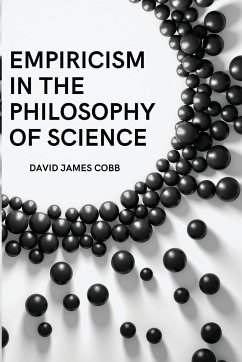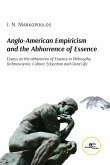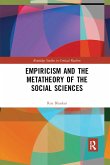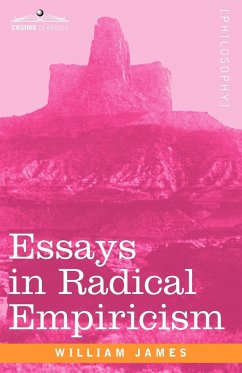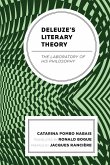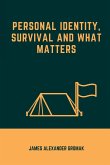There are two main aims of this thesis: the first is to demonstrate that there is an important version of empiricism - "methodological empiricism" - which is a central part of the empiricist tradition but has been neglected in current philosophy of science. The second aim is to develop methodological empiricism in light of current science. The first aim is met by first articulating what I take methodological empricism to mean, alongside articulating the more dominant version of empiricism - "epistemic empiricism". I explicate both via several characteristics for each, and then trace a history of both positions from Ancient Western philosophy up until current times. Finally, I give evidence of the neglect of methodological empiricism in current philosophy of science. The second aim is met by, first, presenting four criteria for a current version of methodological empiricism that are directly derived from the characteristics of methodological empiricism through its history. I then consider three topics within recent philosophy of science that prima facie pose a challenge to methodological empiricism, all of which can be broadly characterised as appearing to be non-empirical in some way - analogue confirmation, philosophy of computer simulations, and non-empirical theory confirmation. It is argued that, ultimately, analogue confirmation and computer simulation are compatible with methodological empiricism, but that non-empirical theory confirmation is not. I argue that this should gives us good reason to reject non-empirical theory confirmation.
Bitte wählen Sie Ihr Anliegen aus.
Rechnungen
Retourenschein anfordern
Bestellstatus
Storno

